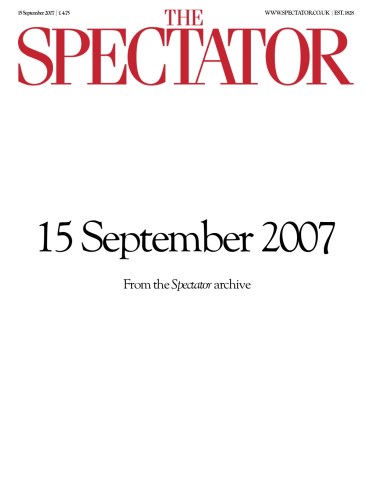Diary – 15 September 2007
We took Alastair on holiday with us this year. Listened to his version of the Blair years in the car all the way to Biarritz — it was either him or French pop music. We took Alastair on holiday with us this year. Listened to his version of the Blair years in the car all

